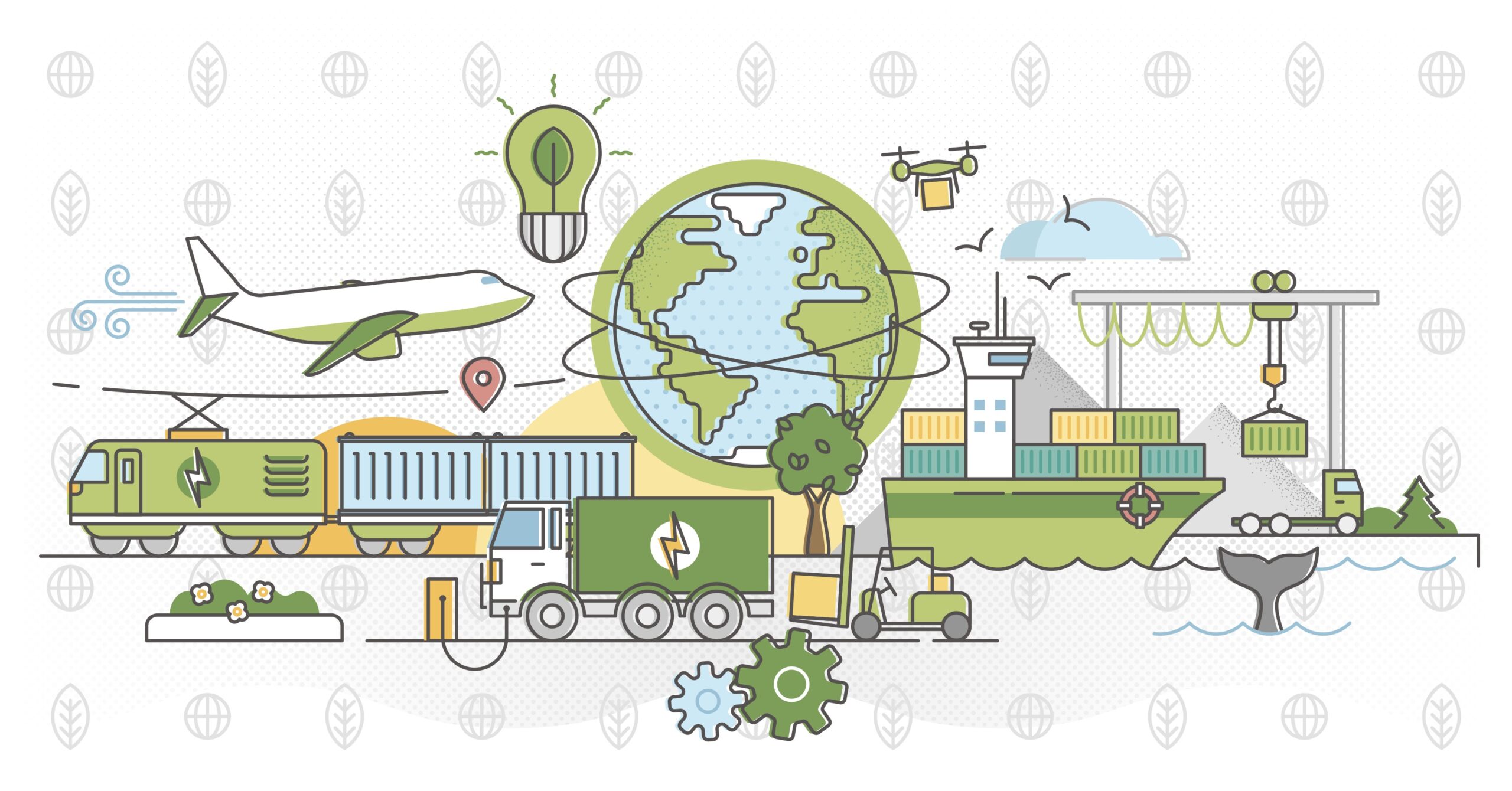To learn is to grow, both as a professional and an individual. No one ever succeeds in anything grand by thinking they know everything. In fact, I would argue that those who admit they don’t know something but quickly strive to learn and educate themselves are all-around smarter than those who shy away from additional thoughts and knowledge.
2022 was an incredible year for the transport industry, but it wasn’t without a few twists and turns. We covered them for you right here in Transport Weekly, so let’s take a look back at some of those moments.
- We covered historic legislation across the U.S. and Europe relating to electric vehicles (EV), transit and growing battery manufacturing capacity.
- We took a closer look at two prominent high-speed rail projects in the U.S. and how the passing of federal legislation will potentially impact the industry.
- We set out to explore what progress is happening on sustainable aviation fuel (SAF) and innovation in the electrification of short-haul air travel.
- We got a glimpse into the future of sustainable ports by speaking with Long Beach Container Terminal.
- We started seeing heavy-duty Class 8 truck decarbonization pick up.
- We dived deeper into mode-shifting and micromobility solutions on the city level and reemphasized their role in reaching net zero globally.
- Lastly, we saw the beginning of something potentially great — the beginning of Polestar’s journey to achieve a fully net-zero EV by 2030 with no offsets.
2022 was the year of ‘less talk and more walk’ … It’s no longer acceptable to set a goal and not work toward it.
Each conversation I had with industry leaders across the transport spectrum taught me something new, and I shared my learnings with you all, because what’s the good of knowledge if you don’t share it with others? In an effort to recap the amazing year of progress across transportation decarbonization, here are my top-three learnings, changes in opinion and new perspectives:
- Contrary to some beliefs, many Fortune 1000 company fleet professionals agree with sustainability professionals on needing to decarbonize and adopt EVs into company fleets. However, when fleet professionals push back on timelines or targets, it’s more often than not coming from a genuine place of “I honestly don’t know how to get it done at the speed and scale requested of me due to a multitude of reasons, including supply of appropriate EVs for the job and the price to operate said EVs compared with an internal combustion engine vehicle for some duty-cycles.”
- It’s a whole heck of a lot easier to advocate for decarbonizing harder-to-abate sectors, such as aviation, than to actually do it. I commend colleagues working in the aviation sector who are focused on reaching net zero. Great progress has been made on SAF, but the pessimistic side of me struggles with the speed and scale at which SAF supply and adoption is growing as it aligns with actually reaching net zero. I remain hopeful that industry dreamers and doers will surface new market innovations to increase SAF supply, accelerated by policy support and decreasing SAF prices, to leapfrog us ahead in the coming years and increase adoption of SAF across the aviation sector. Using SAF as a drop-in fuel solution, along with zero-emission solutions such as electric aviation for shorter-duration trips, will greatly help reduce aviation emissions, which currently are the third-largest source of emission in the U.S.
- 2022 was the year of “less talk and more walk” — at least that is how I and many others saw it at VERGE 22. It’s no longer acceptable to set a goal and not work toward it. The time was years ago to roll up our sleeves and get dirty, deploy projects, learn from said projects and innovate and improve. There is no upside to waiting on the sidelines for others to succeed and then adopting once iterated on. Every application for decarbonizing a fleet or operation is unique, and you must begin in order to learn how solutions work for your company.
Now I ask you: Share your top-three learnings with me on social media, on either LinkedIn or Twitter. I’m looking forward to hearing from you.
We did a lot in 2022 as an industry, and I’m excited to see where 2023 takes us.
[Want more great analysis of electric and sustainable transport? Sign up for Transport Weekly, our free email newsletter.]

